Photographs: Bobby Yip/Reuters
Almost one in four people in the world live in countries where they have no say in how they are governed. They face severe consequences if they try to exercise their most basic rights, which include expressing their views, assembling peacefully, and organising independently of the state.
A special report by US-based non-government organisation Freedom House -- 'The Worst of the Worst: The World's Most Repressive Societies 2012' -- highlights the plight of the 16 billion people living under intensely tyrannical rule. Here's a look at the countries where liberty and justice are not for all.
North Korea:
The death of longtime leader Kim Jong Il is unlikely to result in any political opening in North Korea, as the reins have been turned over to his son and heir apparent, Kim Jong Un -- a young and politically inexperienced leader who shows no signs of altering his father's repressive policies.
As a result, North Korea continues to suffer amid the lowest levels of freedom in the world, according to the Freedom House report.
Kim's regime maintains a network of prison camps where thousands of political prisoners endure brutal conditions. Nearly all facets of personal life -- including employment, education, residence, and access to medical care -- are determined by a semi-hereditary system that classifies citizens into subgroups based on family loyalty to the regime. Decades of severe economic mismanagement have left the country dependent on foreign food aid, which is tightly controlled by the regime, leaving much of the population starving, says the report.
...
SHOCKING: The most repressive nations in the world
Image: Syrian refugees and local residents take part in a demonstration against Syria's President Bashar Al-Assad outside the Syrian embassy in AmmanPhotographs: Ali Jarekji/Reuters
Syria:
Protests erupted in Syria in March 2011 on the heels of similar uprisings throughout the Middle East. Tens of thousands of Syrians are believed to have been arrested and close to 15,000 killed during the government's violent crackdown on demonstrators and military assaults on rebel towns and cities, according to the London-based Syrian Observatory for Human Rights.
Frequent massacres of unarmed civilians, such as the May 2012 killing of as many as 116 men, women, and children in the village of al-Houla, have been perpetrated by the regime's shabbiha paramilitary forces, says the report. Foreign journalists have been barred from entering Syria since the beginning of the uprising.
President Bashar al-Assad took power after his father's death in 2000, pledging to liberalise Syria's politics and economy. A brief political opening at the outset of his presidency was quickly replaced by tight restrictions on most basic freedoms.
SHOCKING: The most repressive nations in the world
Image: Police arrest a protesting monk outside the Chinese Embassy Visa Section in KathmanduPhotographs: Gopal Chitrakar/Reuters
Tibet (China):
Residents of Chinese-controlled Tibet lack the right to freely elect their officials or determine their political future. Chinese security forces routinely engage in arbitrary arrest, detention, torture, and execution without due process, punishing even nonviolent protests against Chinese rule, says the report.
Although he remains the spiritual leader of the Tibetan people, the Dalai Lama -- who lives in exile in India -- has relinquished his formal position as a political leader for Tibetan exiles. Inside Tibet, repression intensified in March 2011 after a young monk set himself on fire to protest Chinese Communist Party rule. At least eight more self-immolated last year. In response, authorities detained 300 monks for "patriotic education," it adds.
SHOCKING: The most repressive nations in the world
Image: Female driver Azza Al Shmasani holds a note, which according to her, was placed on her car by an unknown person, in Saudi ArabiaPhotographs: Fahad Shadeed/Reuters
Saudi Arabia:
Saudi Arabia is an authoritarian monarchy with all political power held by the royal family. The Quran and the Sunnah (the guidance set by the deeds and sayings of the Prophet Mohammed) serve as the country's constitution.
The royal family forbids the formation of political parties, and the media is tightly controlled, with the government dominating regional print and satellite TV coverage and blocking access to more than 4,00,000 websites.
The Saudi government prohibits the public practice of any religion other than Islam. Women are forbidden from driving or traveling within the country without a male companion, says the Freedom House report.
SHOCKING: The most repressive nations in the world
Image: An internally displaced child prepares fire outside their makeshift shelter at a temporary camp in Hodan district of Somalia's capital MogadishuPhotographs: Feisal Omar/Reuters
Somalia:
The Somali state has, for all intents and purposes, ceased to exist, replaced by proxy forces in an unsteady and chaotic situation. Although the Transitional Federal Government is internationally recognised, it is deeply unpopular domestically and its territorial control is minimal.
Many of the remaining regions are controlled by al-Shabab, Somalia-based cell of the militant Islamist group the Al Qaeda. Circumstances for Somalis became even graver in 2011 as a severe drought in the Horn of Africa converged with continuing insecurity, the lack of a central government, and gaps in international aid, putting four million people in need of emergency assistance and creating famine conditions in parts of the country, the report says.
Somalia is one of the most dangerous places in the world for journalists, freedom of assembly is not respected, and both the TFG and al-Shabab have been accused of war crimes by international organisations.
SHOCKING: The most repressive nations in the world
Image: A supporter of Sudan's President Omar Hassan al-Bashir demonstrates against the International Criminal Court's arrest warrant for Bashir in KhartoumPhotographs: /Mohamed Nureldin Abdalla /Reuters
Sudan:
Sudan has been embroiled in continuous conflict since independence from Britain and Egypt in 1956. President Omar Hassan al-Bashir has been issued multiple arrest warrants by the International Criminal Court for war crimes, crimes against humanity, and genocide for the government's role in the massacre of tens of thousands of people in Darfur since 2003, says the Freedon House report.
Despite the successful transfer of one-third of Sudan's previous territory to a newly independent South Sudan, fighting continues to plague the border states of Southern Kordofan and Blue Nile, prompting a heavy-handed response from Sudanese government forces, which were accused of committing war crimes in 2011.
Moreover, faced with the threat of political spillover from popular uprisings in other Arab countries and an economic crisis triggered by the secession of the oil-rich South, the embattled Sudanese regime has launched a harsh crackdown on any signs of dissent.
Sudanese criminal law is based on sharia and allows punishments such as flogging. Torture is reportedly common, and human rights groups have documented the widespread use of rape, the organised burning of villages, and the forced displacement of entire communities.
SHOCKING: The most repressive nations in the world
Image: Ethnic Uzbek refugees, fled from clashes in Osh, wash themselves at a refugee camp near the Kyrgyz-Uzbek border, after escaping to Uzbekistan, in the village of Yorkishlak, some 400 km east of TashkentPhotographs: Shamil Zhumatov/Reuters
Uzbekistan:
President Islam Karimov has held power in Uzbekistan since the collapse of the Soviet Union in 1991. Karimov dominates all aspects of the Uzbek power structure, including the legislature and judiciary. There are no legal opposition parties and members of unregistered opposition groups are severely repressed. Human Rights Watch, the last international monitoring group with a presence in the country, was forced to close its office in March 2011.
The few remaining civic activists and critical journalists in the country faced prosecution, hefty fines, and arbitrary detention in 2011. Dozens more are serving prison sentences under inhumane conditions, according to the NGO report.
Turkmenistan:
Turkmenistan is the most repressive of the independent states of the former Soviet Union. When former President Saparmurat Niyazov took power in 1991, he isolated the new country, gutted formal institutions, and silenced the media.
After his death in 2006, his successor President Gurbanguly Berdimuhamedov promised reforms that never came. All of the candidates who registered for Turkmenistan's February 2012 presidential election were members of the ruling party, virtually guaranteeing the president's reelection.
Though the country implemented a constitution in September 2008, it remains a one-party state where political and civil life, as well as the media, is controlled by the government.
No international humanitarian NGOs are able to effectively operate in Turkmenistan, human rights activists have been subjected to growing attacks, and the vast majority of political prisoners remain behind bars.
SHOCKING: The most repressive nations in the world
Image: A boy looks through a window in Malabo, the capital of Equatorial GuineaPhotographs: Luc Gnago/Reuters
Equatorial Guinea:
President Teodoro Obiang Nguema Mbasogo holds broad political power in Equatorial Guinea, a country that has never held credible elections and is one of the most corrupt and unequal in the world, says the report.
Obiang seized power in 1979 after deposing and executing his uncle, President Francisco Macias Nguema. Since then, he and his inner circle have accumulated extreme wealth through the country's oil profits, while the majority of citizens live on less than a dollar a day.
Eritrea:
National elections have been on hold in Eritrea, a country in the Horn of Africa, since it became independent 18 years ago. With the exception of the ruling Popular Front for Democracy and Justice, political parties cannot operate legally, and the government controls most media outlets.
All religious institutions except for a short list of recognised faiths are banned, and members of Pentecostal Christian churches are routinely arrested for possession of Bibles or for attending communal worship, Freedom House says.
According to the United Nations, there are as many as 5,000 to 10,000 political prisoners in Eritrea, and it is accused of subjecting citizens to arbitrary detention, torture, summary executions, forced labor, and forced conscription. A July 2011 UN report also accused Eritrea of providing arms to al-Shabab.
SHOCKING: The most repressive nations in the world
Image: -A man carries a Koran and a Kingdom of Libya flag during a demonstration in Benghazi June 7, 2012 to demand the application of Islamic law, or Sharia law, in LibyaPhotographs: Esam Al-Fetori/Reuters
The following countries fall just short of the bottom of Freedom House's rankings -- the worst of the worst. But they severely suppress opposition political activity, impede independent organizations, and censor or punish for criticism of
Libya:
Libya on Saturday took its first steps towards becoming a democratic nation as it voted in its first elections in 50 years.
Muammar Gaddafi's more than three decades of repressive rule came to an end last August following the capture of Tripoli by rebel forces. But despite dramatic improvements over the past several months, many important steps remain in Libya's transition to a freely elected, democratic government that respects the fundamental rights of citizens.
The ruling National Transitional Council has attempted to govern the country from Tripoli following Gaddafi's ouster but evinces little control over the country's array of locally organised militias. Journalists have continued to face moderate threats and attacks, the report says.
In May 2012, the NTC passed a law criminalising praise of Gaddafi, his sons, and his ideas. The NTC also pushed back elections from June 19 to July 7, following the continuing clashes, arrests, and kidnappings by militias.
SHOCKING: The most repressive nations in the world
Image: A protester wearing a blindfold shows her tied hands as a symbol of the junta's control over Myanmar, during a demonstrationPhotographs: Romeo Ranoco/Reuters
Myanmar:
For the past half-century, the Burmese junta has controlled all branches of power in Myanmar, impoverishing the country and abusing its people. But within the last year, President Thein Sein has showed an inclination toward reform, the report says.
Myanmar held parliamentary elections in April, when the opposition National League for Democracy was allowed to openly campaign and won 43 seats, including one for its leader, longtime dissident Aung San Suu Kyi.
Still, it remains unclear how far the government's reforms will go, and numerous conflicts between the state and the country's ethnic minority militias remained unresolved. The parliament -- like all other branches of government -- continues to be dominated by the party supported by the military junta. Some of the worst rights abuses take place in the border regions of Myanmar, which are populated by ethnic minorities, including the Chin, Karen, and Rohingya, who are frequent victims of abuses.
Government confrontations with ethnic militias displaced tens of thousands of refugees in 2011. Some 10,000 of these refugees who fled from Burma to China currently live in makeshift camps and face food and water shortages, the report adds.
SHOCKING: The most repressive nations in the world
Image: Chinese paramilitary police react as they carry a log on their shoulders during a training at a military base in Nanjing, Jiangsu provincePhotographs: China Daily/Reuters
China:
More than half of the world's people living in countries that are "not free," according to Freedom House, live in China.
In the wake of political upheavals in the Middle East and North Africa in 2011, Chinese authorities intensified measures to repress dissent. Internet censorship and the detention of human rights and democracy activists increased, and leading human rights lawyers, activists, and religious leaders have been harassed, disbarred, and "disappeared."
The Chinese Communist Party maintains a tight grip on political power, depriving citizens of the right to elect their leaders, participate in political opposition, and hold their government accountable for its misdeeds.
However, intra-party friction in recent months, including the ousting of former Chongqing party secretary Bo Xilai, the possible demotion of security chief Zhou Yongkang, and the international showdown over the fate of blind activist and self-taught lawyer Chen Guangcheng may be signs that the door for reform is opening, the report says.
SHOCKING: The most repressive nations in the world
Image: A man waits for customers at his shoe-cleaning stall beside a mural with images of revolution leader Che Guevara, former Cuban leader Fidel Castro and current President Raul Castro in Sagua La Grande, around 240 km east of HavanaPhotographs: Desmond Boylan/Reuters
Cuba:
Over the past two years, there have been modest signs of opening in Cuba, a one-party state ruled by one of the two Castro brothers, Fidel and Raul, since 1959. In March 2011, the government released the last of the political prisoners who had been incarcerated during the 2003 Black Spring crackdown on independent journalists and dissidents, the Freedom House report says.
Economic reforms, including the elimination of 1 million public sector jobs, the easing of restrictions on private enterprise, and the first Communist Party Congress since 1997, have also caused visible changes and raised citizen expectations. However, freedom of movement and the right to choose one's residence and place of employment remain severely restricted, and attempting to leave the island without permission is a punishable offence.
SHOCKING: The most repressive nations in the world
Image: A refugee from Laos stands in Ban Huay Nam Khao camp in Phetchabun province, about 416 km northeast of BangkokPhotographs: Sukree Sukplang/Reuters
Laos:
The Lao People's Revolutionary Party maintains a monopoly on political power in Laos, one of the world's few remaining communist states.
President Choummaly Sayason's government regulates virtually every facet of life. All land is owned by the state, and the government regularly awards land to citizens with special governmental connections or money.
Religious freedom is tightly constrained, with the LPRP controlling Buddhist clergy and temples and jailing Christians or expelling them from their villages for proselytizing, the report says.
In 2011, Sayason was reelected for a second term as the country's president, in a rubber-stamp election merely meant to preserve the status quo.
SHOCKING: The most repressive nations in the world
Image: A Belarussian detainee arrested in protests gestures from a prison cell at a detention centre in MinskPhotographs: Vasily Fedosenko/Reuters
Belarus:
Since 1994, political power in Belarus has been concentrated in the hands of President Aleksandr Lukashenko, frequently described as Europe's last remaining dictator.
Elections, including the December 2010 poll in which Lukashenko "won" a fourth term, were marred by irregularities, resulting in widespread anti-government protests and hundreds arrested. Opposition parties hold no seats in the legislative assembly, and authorities use police violence and other forms of harassment against the opposition and independent media.
In 2011, the government responded to the growing economic crisis and consequent decline in public support by preemptively repressing political opposition and civil society organisations, sentencing protesters to prison for the mildest forms of free expression -- including the increasingly popular "clapping" protests, Freedom House says.
The government also signed new laws limiting civil society funding and imposing travel bans on activists and journalists. In February 2012, the EU imposed additional sanctions -- including travel bans and asset freezes -- on 21 Belarusian officials responsible for the civil society crackdown. The country is set to hold parliamentary elections in September.

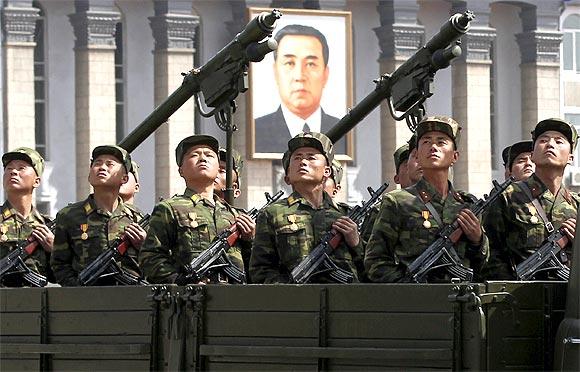
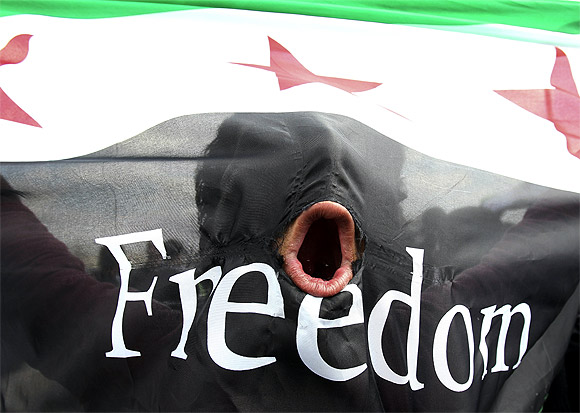
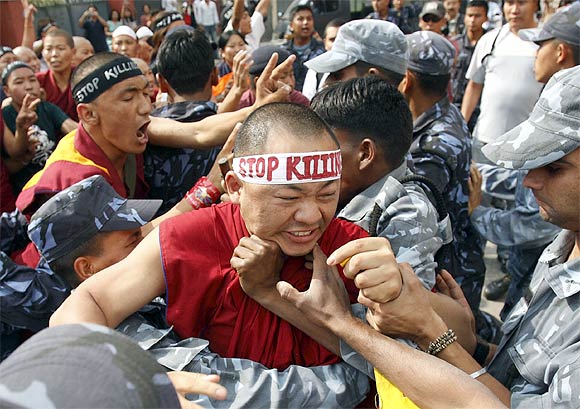
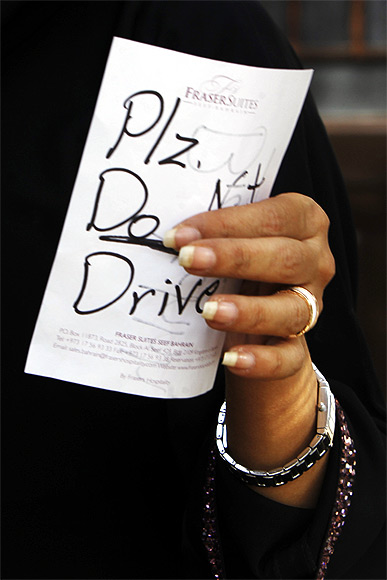
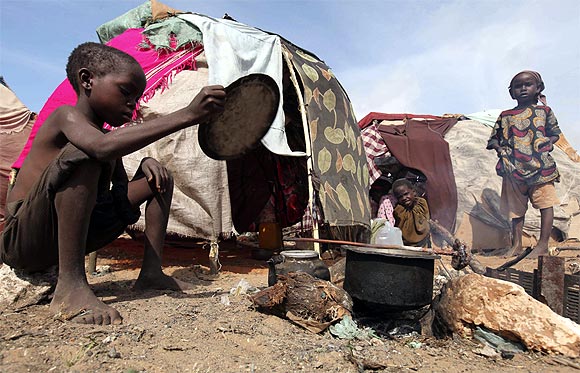




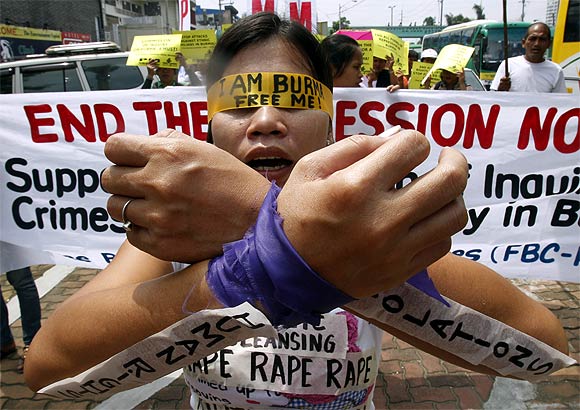
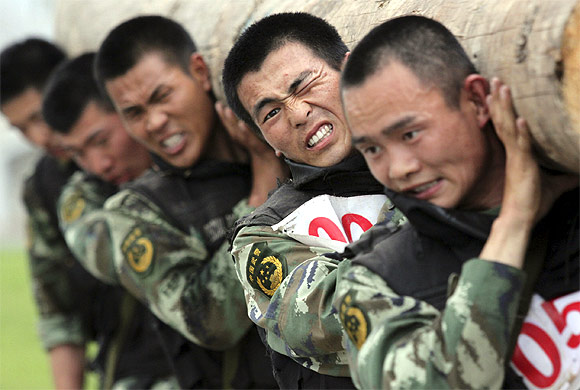
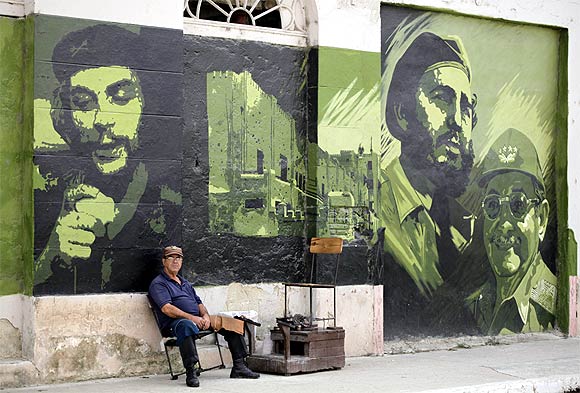
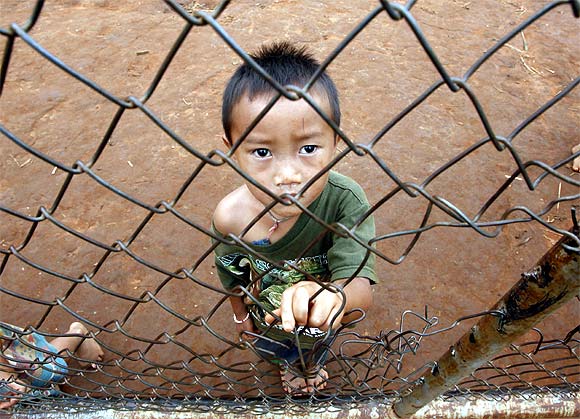
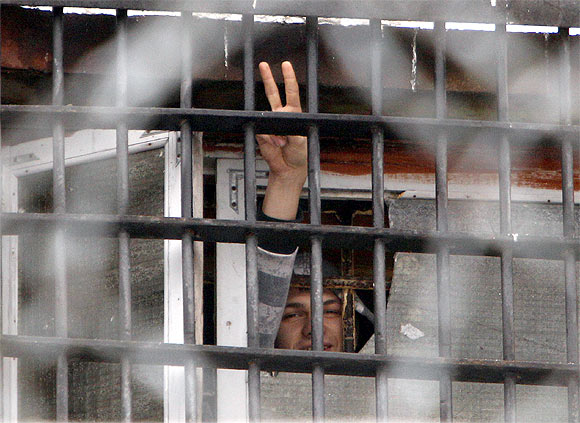
article